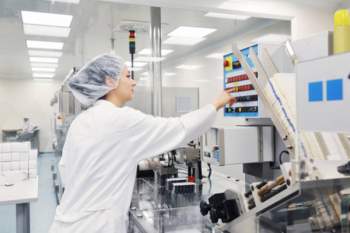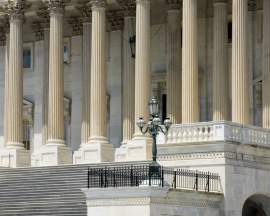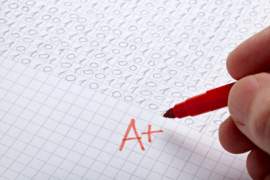
The Easiest Way to Get Your DEA License

What is the DEA?
The DEA or Drug Enforcement Administration is a federal law enforcement agency within the United States Department of Justice. The Drug Enforcement Administration is a fundamental federal organization of the United States Government responsible for deterring the flow of illegal drugs in America. The DEA utilizes numerous resources and intelligence to prevent drug trafficking organizations from increasing the supply of recreational drugs, such as cocaine, heroine and marijuana, in the country.
In addition to limiting the supply of drugs in the country, the DEA is tasked with implementing regulations in order to ensure that the circulation of drugs, even in the legal sense, is safe and efficient. The DEA administers such regulations on medical professionals; all medical professionals in the United States are required to obtain a DEA license to legally prescribe medication to their patients.
Supplying an individual with drugs, for medicinal purposes, carries a significant responsibility. As a result of the dangers inherent in administering drugs to patients, the DEA is responsible for regulating, observing and enforcing various drug laws on physicians and professionals in the field of medicine.
The DEA is regarded as the leading agency for domestic enforcement of the Controlled Substances Act, but it also maintains the sole responsibility for coordinating and subsequently pursuing U.S. investigations overseas.
What is a DEA License?
The Drug Enforcement Administration grants licenses to medical professionals, physicians, nurse practitioners and other individuals in the field of medicine, which in essence, allows them to prescribe and dispense medications or drugs to patients in need. It is illegal to prescribe medication, in the United States, without the obtainment of a DEA license.
To obtain a DEA license a medical professional must submit an application to the administration; when approved of a DEA license, the individual is given a unique identification number from the DEA. All medical professionals need this number to subsequently apply for a license to practice medicine in their particular state; a failure to obtain either license before seeing patients may result in felony charges.
How do I obtain a DEA License?
To obtain a DEA License you must first obtain the application for a DEA number; applications are made available on the DEA website. In addition to the application, you must also complete a questionnaire that will inquire about your practice and your history in the medical field.
When the basic information is satisfied, including the fulfillment of all personal information, you must fill out the business activity section. This section will ask whether you are a practitioner or mid-practitioner and questions regarding what field of medicine your practice. Once this information is submitted, you must select the drugs you plan to administer.
The DEA License application has broken down the different legalized drugs into schedules, which may be observed on their website. You must check which schedules contain the drugs you will be prescribing and mark the coordinating information on your DEA license application.
After the submission of this information you will be required to include information concerning your state license. If you are applying for a new DEA number or simply renewing your current one, you must supply information concerning your license with the state in which you practice—these questions will require your license number, the state where your practice is held and the current standing of your license.
Following the submission of this information, you are required to pay a fee of $184 for each year you have a DEA license. Payments may be submitted via check or credit card.



















